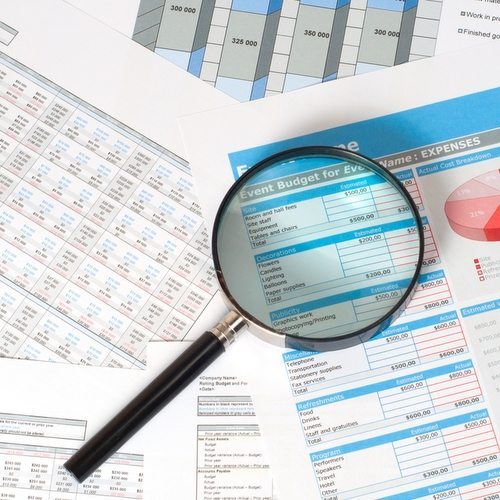Security, privacy and protection against loss have been the three biggest themes in data and content management throughout the past several years, especially as breaches and other adverse events have struck with increasing frequency. Still, these are only a few portions of a much larger set of responsibilities when it comes to data governance and management, with accuracy comprising another aspect that is just as crucial.
When reporting data is not accurate and managers are not closely evaluating the ebb and flow of information on a daily basis, matters can get very complex, dangerous and confusing in a short period of time. Even with respect to compliance and laws that are not security-centric, accuracy is commonly cited as one of the highest priorities, regardless of which type of records, files or data are involved.
Still, the potential merits of automation for compliance activities have not yet gained traction on a large scale, despite the fact that this technology can substantially improve content management performance for a variety of purposes. When it comes to accuracy, especially for firms that generate and manage large volumes of reports, invoices and data in general, few options can compare to the power and efficiency of automation.
Applications in government
FCW recently listed some of the ways in which agencies are working to comply with the relatively new Digital Accountability and Traceability Act, also known as the Data Act, as well as what the public sector should be striving for in this arena. According to the news provider, quality standards within this legislation are far more stringent than its predecessors, and many of them are specifically related to the accuracy and transparency of reporting-based data.
Security is certainly a component of federal information governance regulations, but accuracy has become a more critical aspect of newer pieces of legislation such as the Data Act. The source pointed out that the most difficult time is likely to be occurring right now, as the transition into the new order of things will be challenging for many agencies, especially those that had a lot of needs by way of modernization.
As such, FCW suggested that the regulators involved help in the transition process, while beginning to plan out long-term goals such as agility and continuous performance improvement should be a priority as well. Because of the massive volumes of data that are flowing into these agencies, and the continued need for efficient, sound spending practices in government due to the massive national debt, automation might just represent the best way forward.
The news provider noted that some of the specific components within the bill relate back to transparent and accurate reporting of expenditures through invoicing and other documents. Luckily, there are plenty of solutions readily available for corporate consumption that involve automated invoices, expense reports and more.
Can automation be compliant?
In a word, yes. When companies choose their vendors wisely and ensure sound business practices to uphold their side of the contract, automation can certainly be compliant with federal data integrity, accuracy and security standards.
In fact, one of the core benefits of using automation for repetitive, arduous and mundane record-keeping responsibilities is a direct reduction in the number of errors accrued over time. Additionally, employees will be happier and more open to more strategic matters when their most disliked tasks are alleviated by automation software, further benefiting the business at large.
Organizations that do as much as possible to eliminate data entry can expect to see significant improvements in various aspects of operational health, including engagement and project completion.






